
Mr. Alang Mai - Head of the Provincial Ethnic Minorities Committee said that the mountainous region of Quang Nam with the advantage of being a long-standing residential area of ethnic minorities such as Co Tu, Co, Gie Trieng, Xo Dang...; population of more than 330,400 people, creates a solid "wall", connecting the community throughout the journey of building and developing the homeland of the western region of Quang Nam.
“In particular, the people of the mountainous areas have a very high sense of community and always believe in the leadership of the Party. During the resistance war for independence, the people of the mountainous areas contributed human and material resources, protected the troops and became a solid base for the revolution. All thanks to the solidarity of the people of all ethnic groups, for the ideal goals of the Party and Uncle Ho,” Mr. Alang Mai shared.
Promoting tradition
Gia Y Kong - former Chairman of Dong Giang District People's Committee said that after the time when the Co Tu people from the highlands migrated to the lowlands, because they were not used to life in the new place, many people left their villages to return to their old hometowns. Knowing the story, the village elders in the lowland communes tried to encourage, support, and create conditions to help them stay. Starting from sharing the fields that were in the harvest season, helping the new residents feel secure in their lives.

“Some Co Tu villages in Ba Commune, Song Kon accepted to move to lower areas to live. Their houses and fields were also given away. But after a few years, an epidemic broke out, many people were afraid so they decided to leave and return to their hometowns.
Knowing the situation, the village reported to the commune, then the commune reported to the district, I and some leaders of the district directly went to the villages to encourage people to stay. Combined with the spirit of support from the indigenous community in neighboring villages, we have kept the highland residents to stay until now" - old man Y Kong recalled.
Promoting the tradition of solidarity, after more than 30 years of living together, the young generation of Co Tu people in Dong Giang always cherish the affection and mutual support of their ancestors.
To avoid unnecessary conflicts in life, many villages organize friendship, consider each other as family members, especially farming on the same common land.
In recent years, when the policy of merging villages was implemented, the solidarity between the community was further nurtured, strengthened and promoted.

Mr. Do Huu Tung - Vice Chairman of Dong Giang District People's Committee said that the locality has 23 ethnic groups living together, of which the Co Tu account for the majority with a rate of more than 73%. Over the years, the ethnic minorities of the district have always promoted the spirit of solidarity, strived to compete in economic development, stabilized social order, and built a new peaceful life.
According to Mr. Tung, in recent years, the locality has implemented the construction of community resettlement sites according to the province's general policy and received the support of many households.
In the spirit of sharing, they voluntarily donated land and crops for local authorities to level and arrange resettlement in conjunction with natural disaster and flood prevention.
“In particular, there are many households living in this village but agreeing to donate land to other villages to implement community projects. Thanks to that, many projects are quickly built, meeting the needs and aspirations of the local community,” Mr. Tung shared.
Help each other escape poverty
The connections in the highland community are gradually spreading, creating motivation to help each other have more conditions to stabilize their lives and escape poverty. In Tra Linh commune (Nam Tra My), the journey of connection is clearly demonstrated through the humane stories of the mountain residents.
After more than 3 years of implementing the model "Ngoc Linh ginseng garden raises funds to help poor women", the Women's Union of Village 3 (Tra Linh commune) has created new livelihoods for dozens of women, through giving Ngoc Linh ginseng seeds. This model is being replicated in the villages, with the participation of most ginseng growing households in Village 3.

Ms. Ho Thi Hien - Head of Women's Association of Village 3 said that after a period of implementation, the model was recently officially launched and received more than 500 1-year-old Ngoc Linh ginseng seedlings (worth about 135 million VND), creating livelihoods for 7 female members who have just separated from their households and are in difficult circumstances in life.
"Hopefully the fundraising model using Ngoc Linh ginseng will be effective, helping women escape poverty soon in the future" - Ms. Hien expressed.
Mr. Ho Van Dang - Vice Chairman of Tra Linh Commune People's Committee said that in addition to the women's model, the commune has many other models of helping each other with ginseng, such as the "Solidarity Ginseng Garden" group of young people with the participation of 44 ginseng growing households; or the "Giving ginseng seeds" model on occasions such as birthdays, weddings, New Year's Eve, etc.
The effectiveness of these models has helped the area of Ngoc Linh ginseng cultivation in the commune increase rapidly in recent times, creating favorable conditions to support the community to escape poverty.
“With the spirit of solidarity, well-off ginseng growers are always willing to help and create conditions for people in difficult circumstances to do business and develop their economy. In recent years, these meaningful models have always been maintained and increasingly spread widely, helping the poor have the opportunity to get rich thanks to the joint efforts of the local community,” said Mr. Dang.
The average poverty reduction rate of ethnic minority households is 6.6%/year.
On September 10, the provincial Ethnic Committee said that, implementing the Sustainable Poverty Reduction Target Program, in recent times, Quang Nam has prioritized allocating capital to implement policies to support production, create jobs, increase income, invest in infrastructure... which have initially brought positive results.
Accordingly, from the above resources, Quang Nam supports employment for ethnic minority workers, helping the rate of trained workers reach 51.4%, exceeding the set target. At the same time, it supports 396 people to work abroad; eliminates temporary housing for 2,183 poor households...
Thanks to that, the average poverty reduction rate of ethnic minority households reached 6.6%/year (the target is 5%); increasing the average income per capita in ethnic minority and mountainous areas from 16 million VND (in 2019) to 24 million VND (in 2023).
DANG NGUYEN
Mobilizing 1,737 billion VND to invest in building infrastructure in mountainous areas
Over 5 years (2019 - 2024) of implementing the National Target Program on New Rural Construction, Quang Nam mobilized 1,737 billion VND in resources to invest in building mountainous infrastructure.
Of which, the provincial budget is about 1,169 billion VND, contributing to the goal of synchronizing rural infrastructure, gradually improving people's income and living conditions. By the end of 2023, in 9 mountainous districts, 34/93 communes met new rural standards (reaching a rate of 36.5%). It is expected that in 2024, 4 more communes will meet new rural standards, creating momentum to promote socio-economic development, ensuring national defense and security...
DANG NGOC
The rate of ethnic minorities participating in health insurance reaches 100%.
From resources from the Central and the province, up to now, Quang Nam has built a system of medical stations in 70/70 communes in ethnic minority areas, of which 52 medical stations meet national criteria.
Accordingly, the health care network in ethnic minority and mountainous areas has been increasingly expanded and improved; facilities and qualifications of medical staff have been gradually improved, and medical examination and treatment facilities have been improved in scale and quality. Up to now, in addition to support for access to advanced health care services, 100% of ethnic minorities in the province participate in health insurance.
AN
Source: https://baoquangnam.vn/cac-dan-toc-thieu-so-o-quang-nam-trong-niem-tin-co-ket-cong-dong-3140888.html










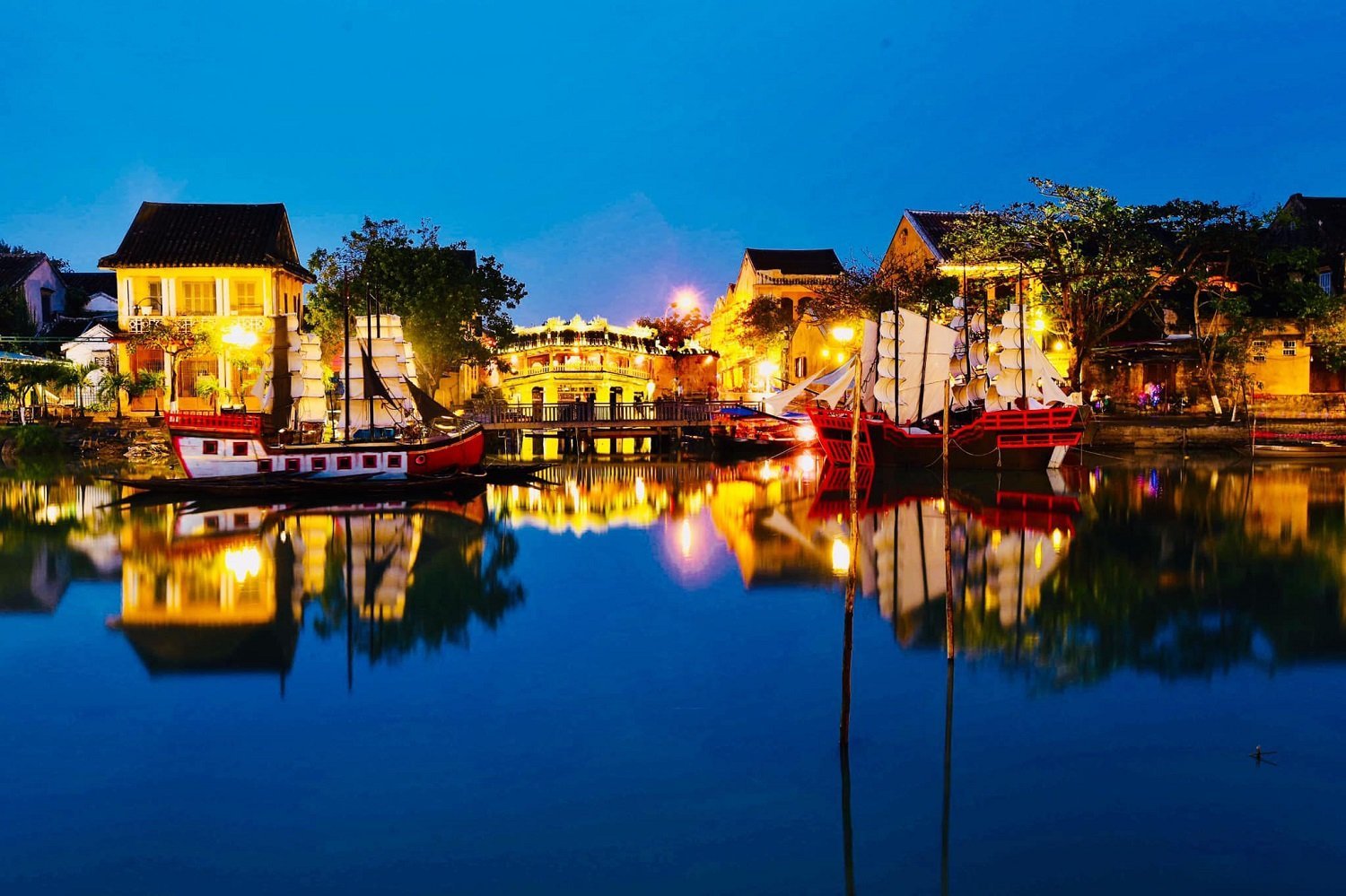


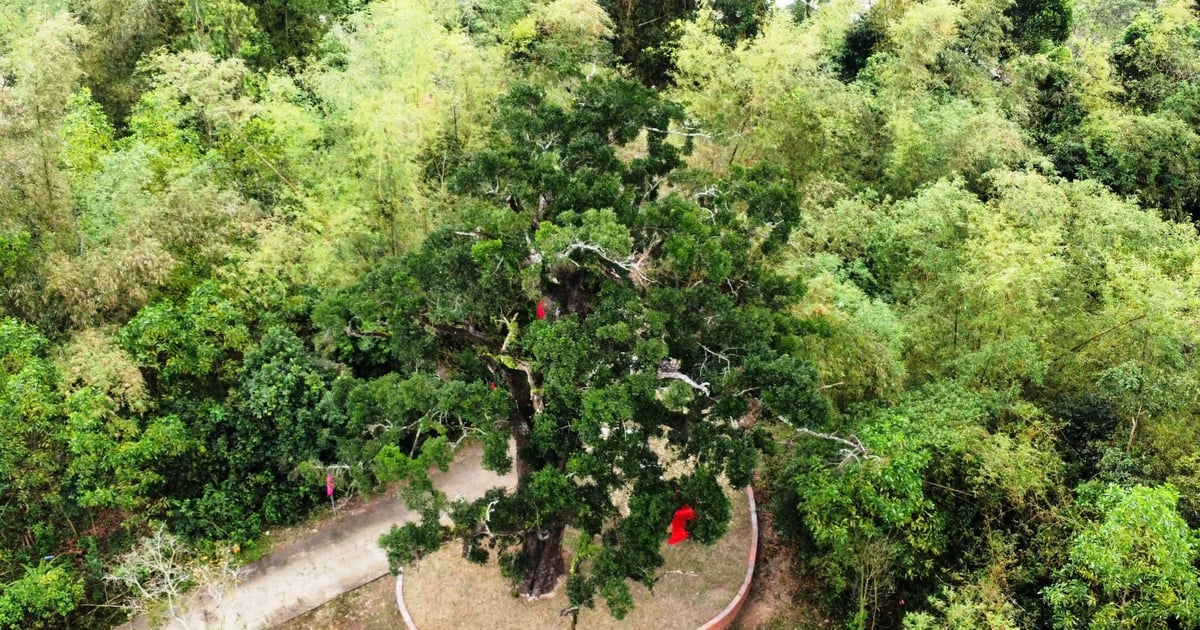
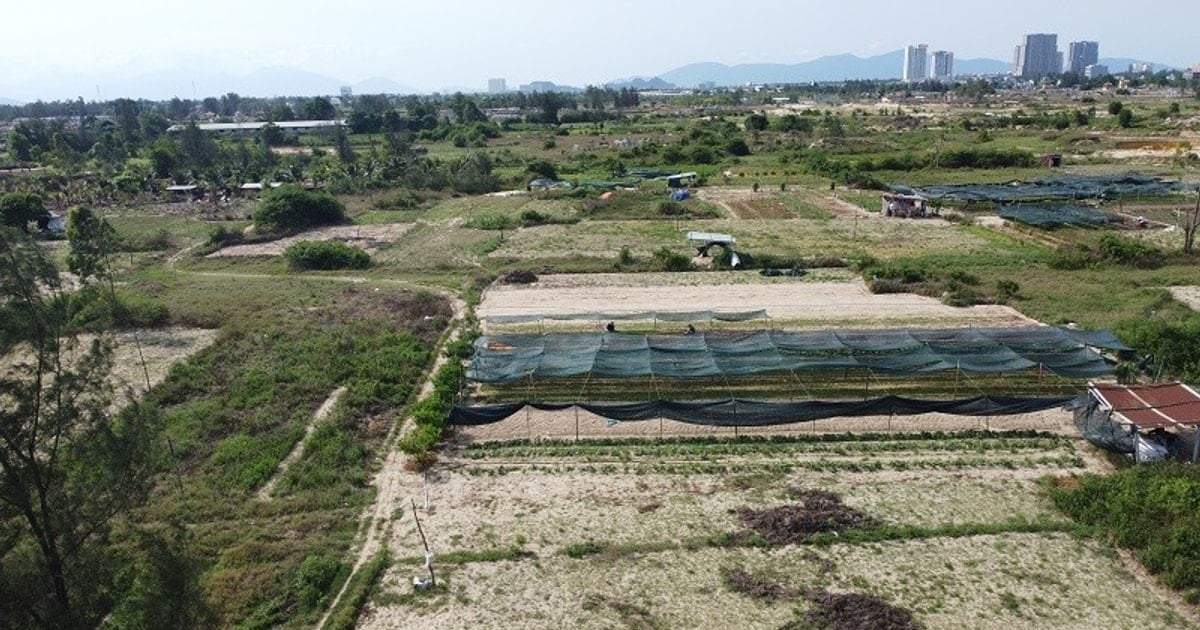
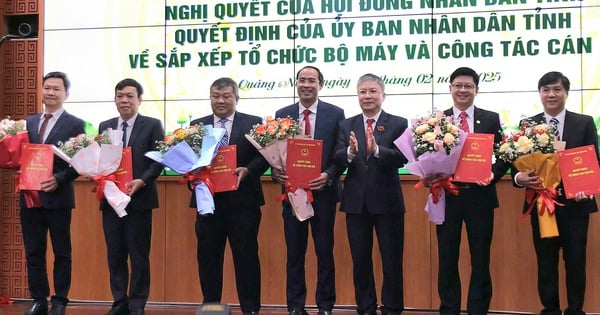









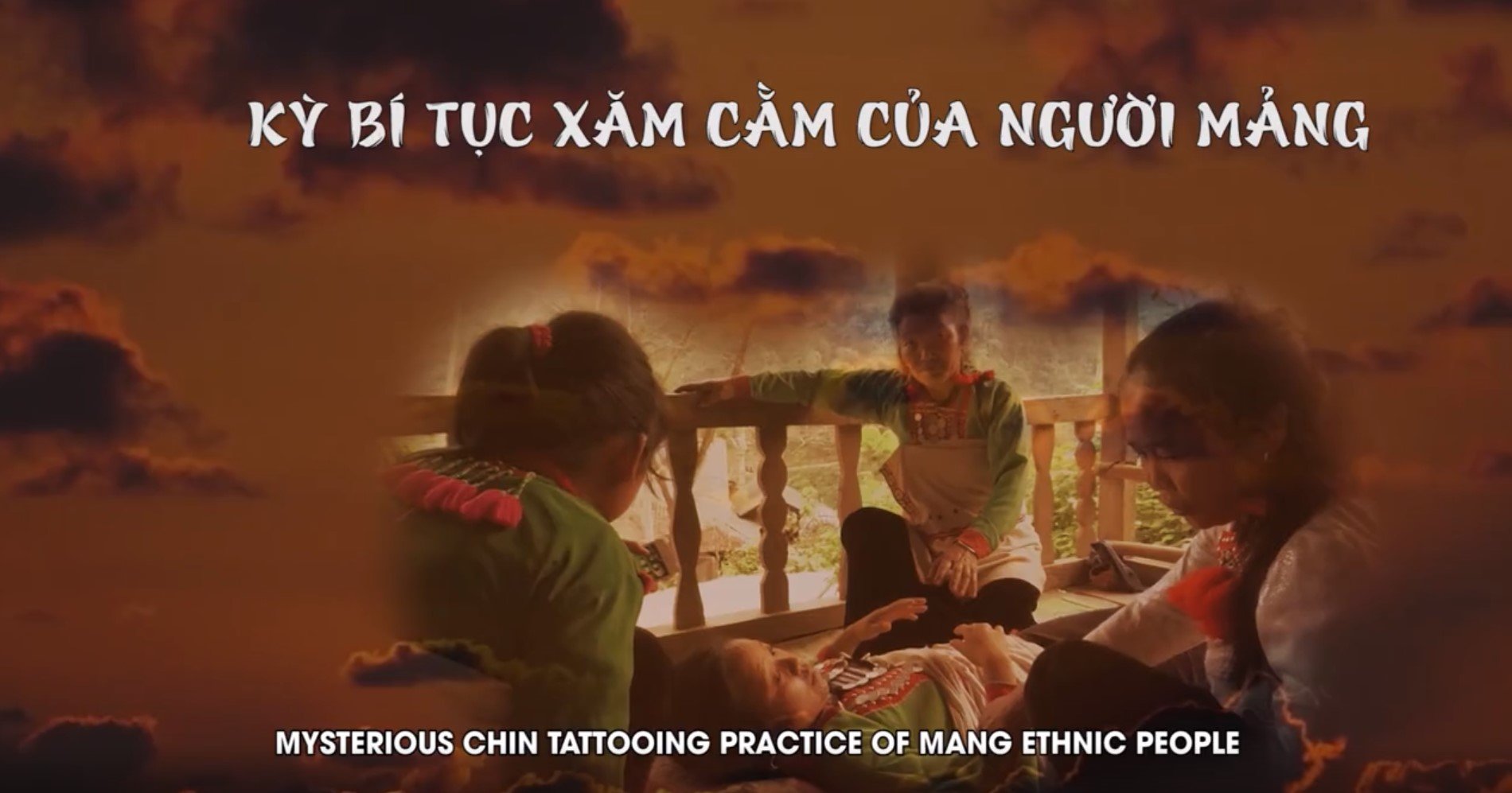
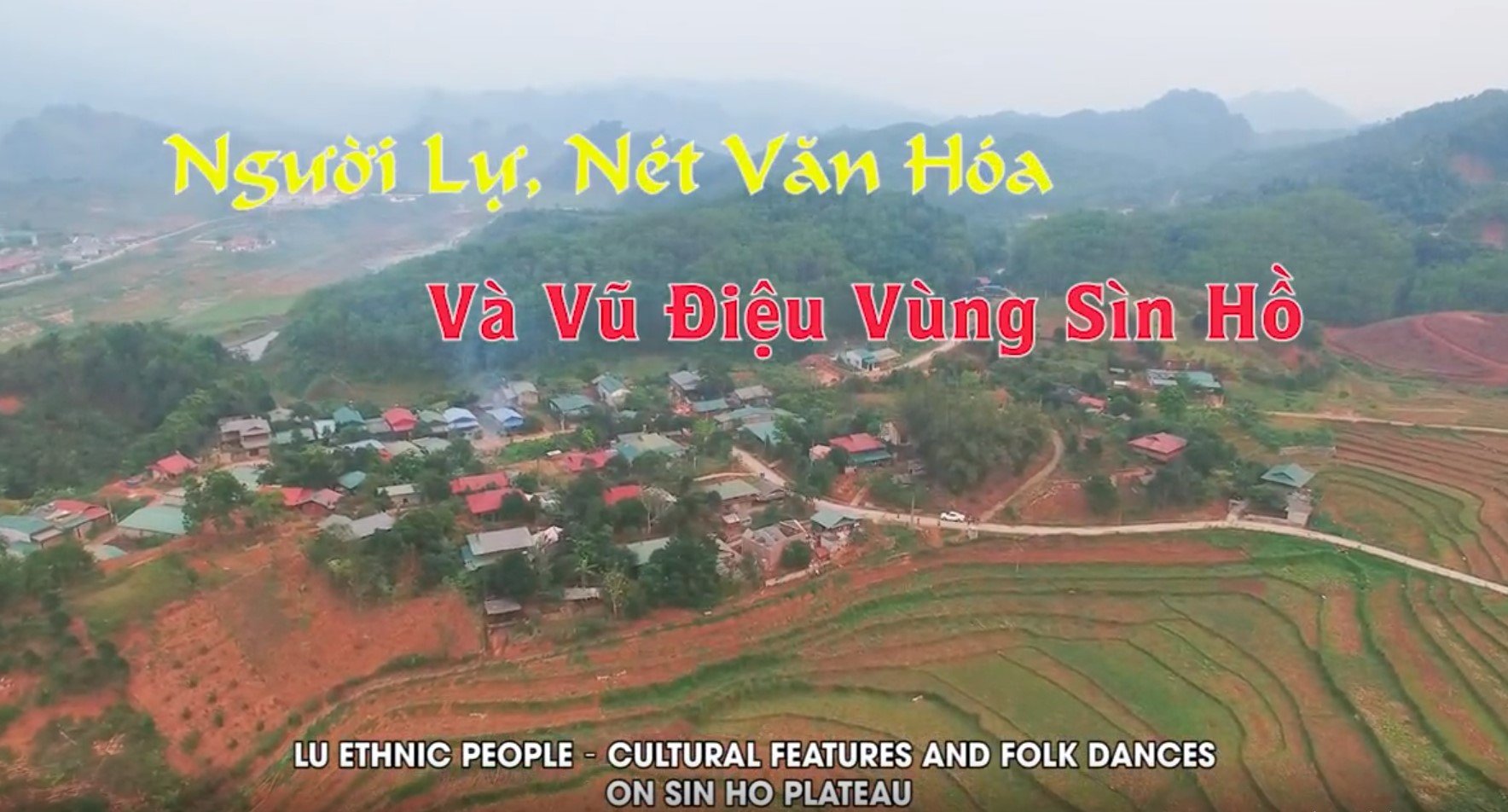

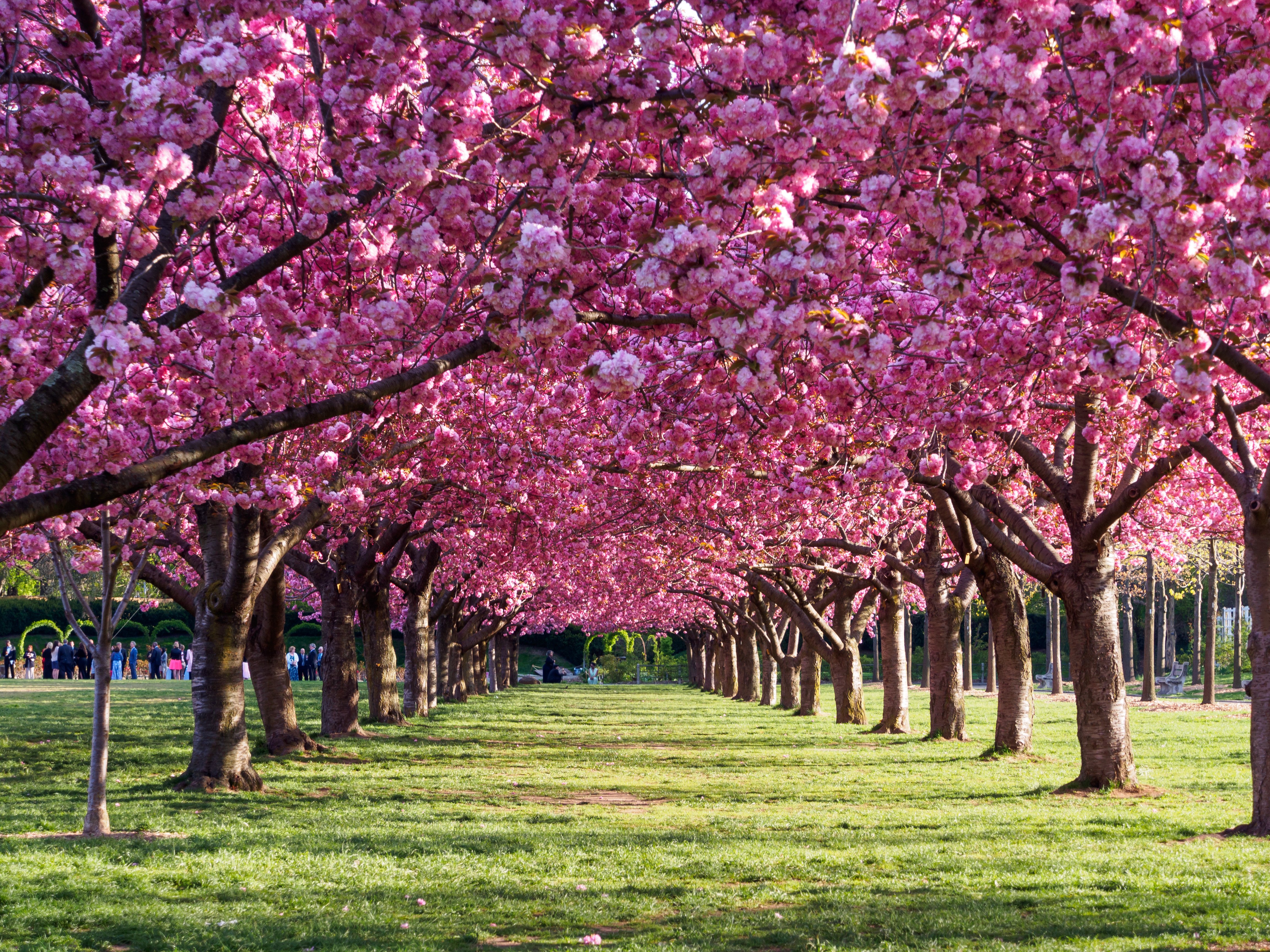
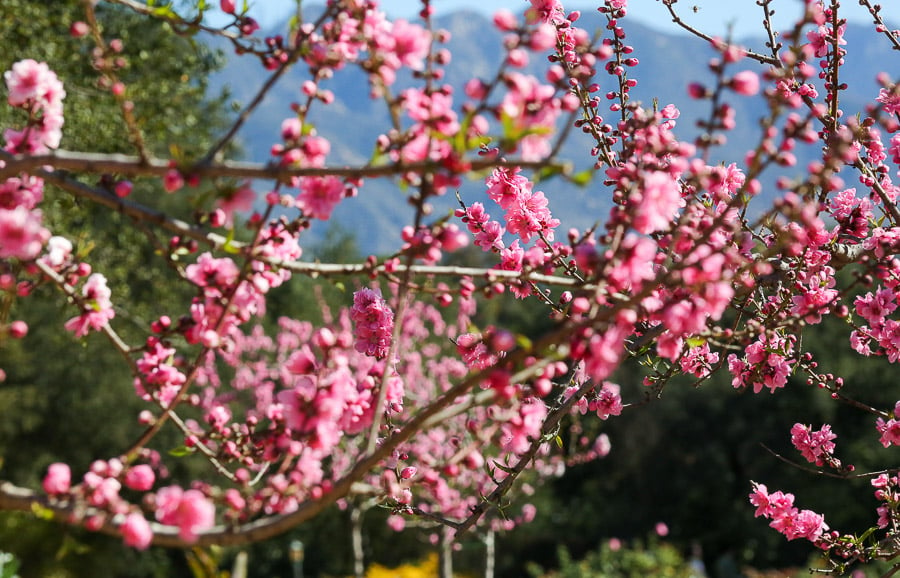







![[Photo] Prime Minister Pham Minh Chinh chairs Government Conference with localities on economic growth](https://vstatic.vietnam.vn/vietnam/resource/IMAGE/2025/2/21/f34583484f2643a2a2b72168a0d64baa)



















































Comment (0)